

I didn’t link to a Portuguese source because this thread was for the gringo friends, but this movement has been growing for too long for one to confuse their ignorance for it “coming out of the blue”. Now let me attempt to correct the record in English for the sake of the internationals.
Here’s a short article from PCBR talking about the historical construction of this movement.
Summing the history up “shortly” in English, one of the strongest demands from both the PCB (pre-split Brazilian Communist Party, Marxist-Leninist) and the PSTU (United Socialist Worker’s Party, Trotskyist) since at least the June Protests in 2013. Due to the first having some serious organisational problems with their leadership (which led to the split) and the second being fairly small (and Trotskyist, I guess), neither managed to fully oppose the government from the left and materialise this demand.
After the pandemic, with work/life balance dynamics being brought into question, given both the absurd rise of informal work (more than half the “employed” population is informal) and the indignation from workers in the “service” economy from bearing the brunt of the pandemic without any perspective of increase in quality of life from the new “leftist” government, wildcat labour movements started forming from the workers themselves. This includes the fight for better legislation regarding delivery and “rideshare” app workers’ pay and benefits, and for the reduction of the maximum legal workweek.
For some context for the foreigners, the maximum legally allowed weekly workload is 44 hours in Brazil, which can be divided in 6 days of work with 1 mandatory rest day (hence, 6x1, usually split into five days of 8 work hours and one day of 4). We are paid monthly, not hourly, so an employer is legally allowed to demand all 44 hours paying only the minimum wage, though not allowed to pay less than the minimum wage for less hours.
This Rick Azevedo guy accidentally went viral on TikTok for criticising this horribly outdated work scheme and decided to create a single-issue movement (“Life Beyond Work”, VAT) for an increase in mandatory rest days, which grew a lot organically with some support after the fact from leftist parties. The party linked above, PCBR, is what came out of the PCBR (Revolutionary PCB) split in strong support for this demand but is still in its restructuring phase.
Last election Rick ran with PSOL (Partido Socialismo e Liberdade, “multiple tendencies” leftist party) for a municipal legislature as a single-issue candidate and got elected with significant voteshare despite almost no party support. Considering the horrible defeat by the electoralist left (including Lula’s party, the PT) this last election which abandoned labour issues in defense of an “united front against fascism” again, this was a major win for the movement.
Now, a federal deputy (as in congresswoman) who is also from the PSOL, Erika Hilton, wrote a constitutional amendment that would reduce the work week to 4 days with 3 mandatory rest days, and maximum of 36 weekly hours. (Yes, this doesn’t make sense numerically and is probably so that parliamentary negotions they can back down to 5 work days and 2 rest days.)
After this was announced, both the VAT movement and the radical left parties coalesced around this amendment, calling for national protests, broad agitprop activities and naming and shaming deputies and parties who go against the proposal. Every radical left party with the bare minimum of material analysis is taking this as the pressure point to attack against the right in the government and for building broad support, but obviously each in their own framework for praxis.
And to finally respond to your comment, this is sadly a conquest by the working class despite the leftist organisations, who are mostly hopping in at the last second. There are right wingers being forced to support this because 1) there are lots of working class right wingers who are aware of their exploitation at some level, and 2) in order to mobilise the bases, rightwing politicians often co-op class struggles aesthetically (fascists in general, Bolsonaro as an example), and some leftist orgd are intentionally abusing this to force their hand into supporting the cause or risk being shown as a farce. The same applies for corporate media conglomerates. And of course, 3) it’s an opportunity to weaken the Lula government if they don’t also support the amendment, which is an okay sacrifice from the left as they intend to position themselves as left opposition.
So I wouldn’t say this is strange, in fact it’s been fairly predictable so far.
Edit to add: I forgot to mention the PCR/UP, a different Marxist-Leninist party with a strong base in the urban periphery, was also involved in getting the VAT movement viral and is going into this struggle with full force.
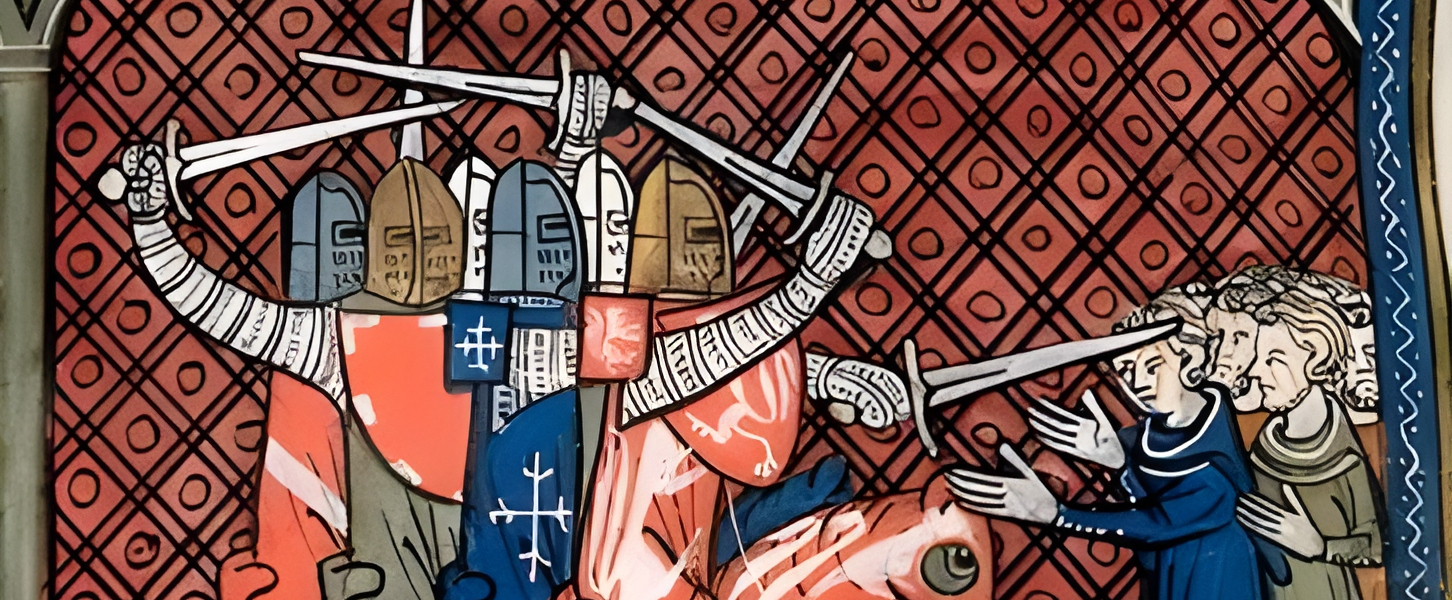







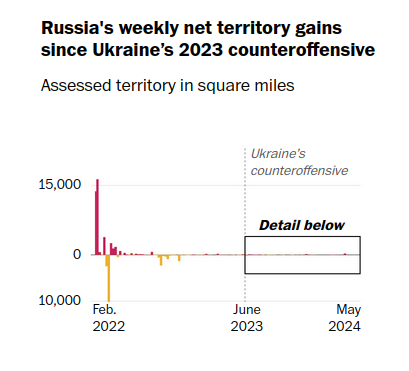
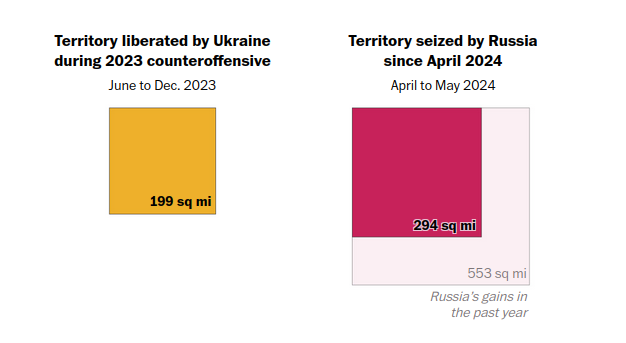


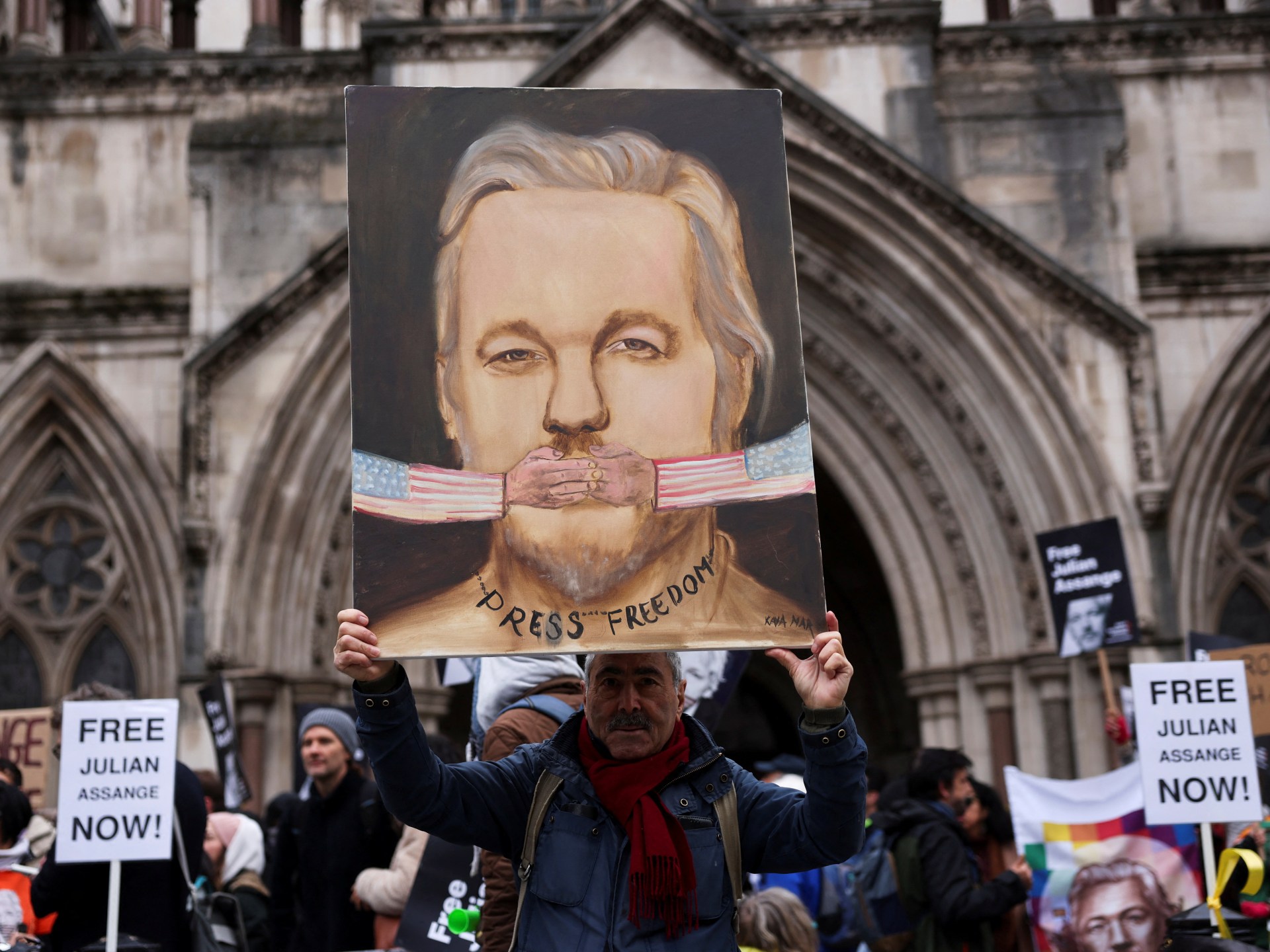




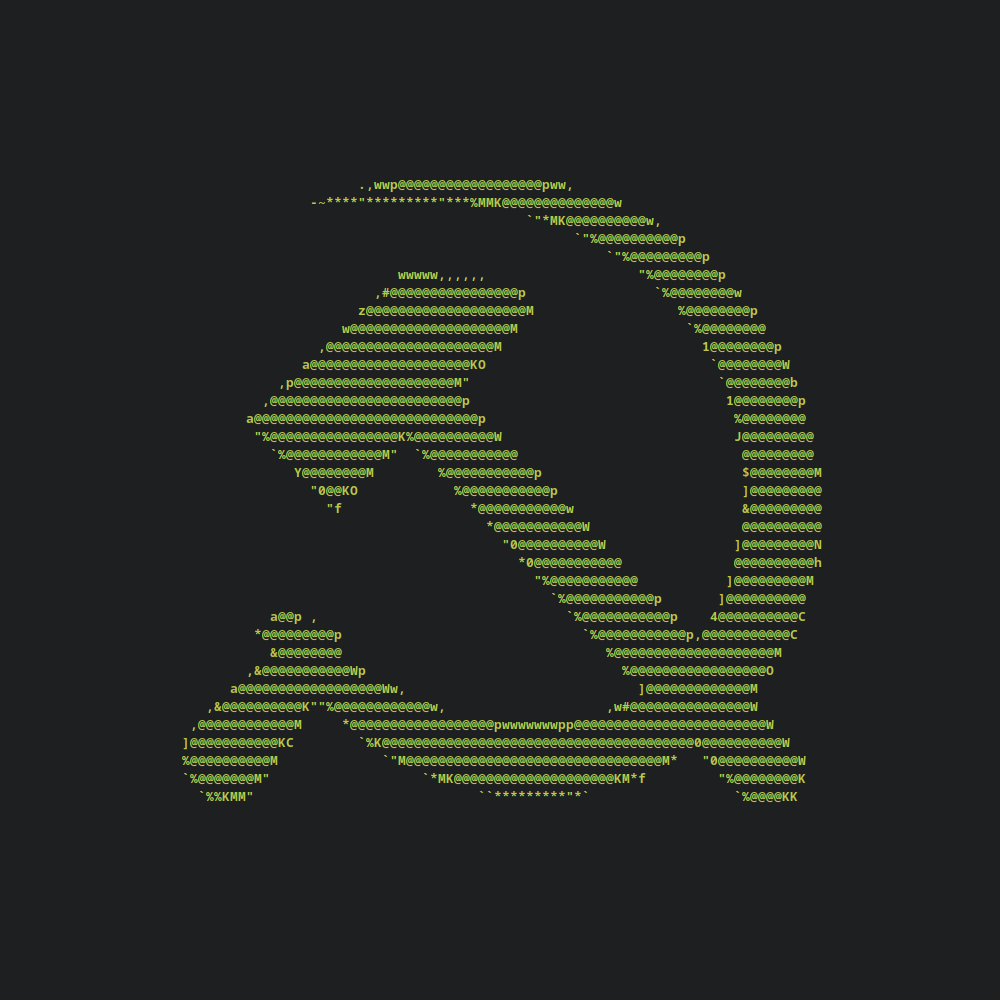

PSOL has tendencies that range from social-liberal, to “orthodox” Marxist, to Trotskyist to Marxist-Leninist. They even have tendencies that are inspired by the “Arab Spring”. It’s not advisable to be reductionist against them, specially since their broad range of tendencies is usually why they excel electorally but have a hard time getting anything done. (As opposed to parties that follow democratic centralism). They did not side against Dilma in the coup, and in fact voted unanimously in her defense and were even more dedicated in the “Fora Temer” campaigns than the PT itself.
PSTU is Trotskyist so I won’t defend them too much, they tend to fall into left-communism a lot, but they at least have a strong presence in workers unions and are usually the first on the ground for, for example, primary and secondary school teachers’ strikes. They did go against Dilma, in their typical ultra left fashion, demanding that the entire government be toppled. Not that any Marxist should be surprised when bourgeois democracy is undemocratic, though.
I suppose it should go without saying on a primarily Marxist-Leninist instance that Trotskyist or Trotskyist-adjacent parties like these two or the PCO aren’t going to receive much uncritical support, though at least they make themselves present and join forces in critical struggles like this one.